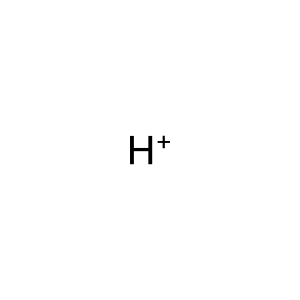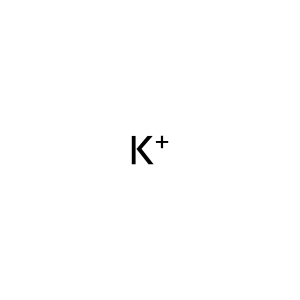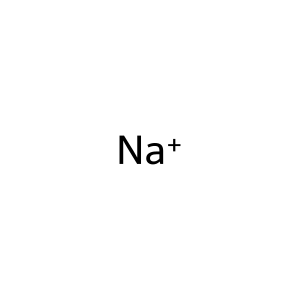Reaction: Defective SLC1A3 does not cotransport L-Glu,L-Asp,D-Asp,H+,3Na+ from extracellular region to cytosol
- in pathway: Defective SLC1A3 causes episodic ataxia 6 (EA6)
The SLC1 gene family includes five high-affinity glutamate transporters encoded by SLC1, 2, 3, 6 and 7. These transporters can mediate transport of L-glutamate (L-Glu), L-Aspartate (L-Asp) and D-Aspartate (D-Asp) with cotransport of 3 Na+ ions and H+ and antiport of a K+ ion. This mechanism allows glutamate into cells against a concentration gradient. This is a crucial factor in the protection of neurons against glutamate excitotoxicity (the excitation of nerve cells to their death) in the CNS.
SLC1A3 is highly expressed in the cerebellum but also found in the frontal cortex, hippocampus and basal ganglia. Defects in SLC1A3 can cause episodic ataxia type 6 (EA6; MIM:612656) where mutations in SLC1A3 can lead to decreased glutamate uptake, thus contributing to neuronal hyperexcitability to cause seizures, hemiplegia and episodic ataxia. Mutations in SLC1A3 that cause EA6 are P290R and C186S (Jen et al. 2005, de Vries et al. 2009 respectively). Both mutations do not cause a complete loss-of function of SLC1A3 but the phenotype seen with the P290R mutation is more severe than that seen with the C186S mutation. For display purposes, the mutations are shown as having complete loss-of-function.
SLC1A3 is highly expressed in the cerebellum but also found in the frontal cortex, hippocampus and basal ganglia. Defects in SLC1A3 can cause episodic ataxia type 6 (EA6; MIM:612656) where mutations in SLC1A3 can lead to decreased glutamate uptake, thus contributing to neuronal hyperexcitability to cause seizures, hemiplegia and episodic ataxia. Mutations in SLC1A3 that cause EA6 are P290R and C186S (Jen et al. 2005, de Vries et al. 2009 respectively). Both mutations do not cause a complete loss-of function of SLC1A3 but the phenotype seen with the P290R mutation is more severe than that seen with the C186S mutation. For display purposes, the mutations are shown as having complete loss-of-function.
Reaction - small molecule participants:
H+ [extracellular region]
K+ [cytosol]
Na+ [extracellular region]
Reactome.org reaction link: R-HSA-5625015
======
Reaction input - small molecules:
hydron
potassium(1+)
sodium(1+)
Reaction output - small molecules:
Reactome.org link: R-HSA-5625015



